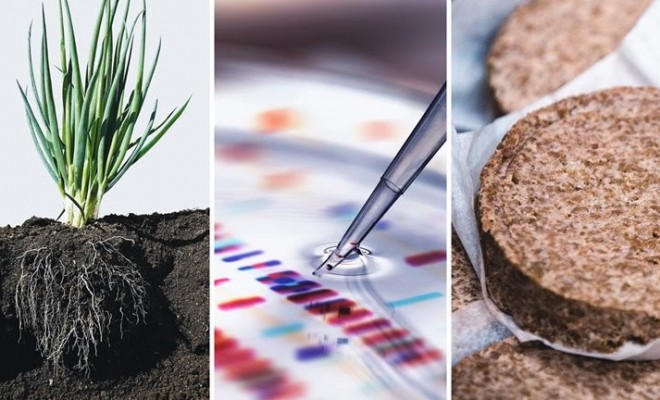
Inside the fact-based report on biological science that reads like science fiction
It’s not often a McKinsey Global Institute (MGI) report covers strategies for cultivating life on other planets—but The Bio Revolution: Innovations transforming economies, societies and our lives is an unusual report. Three years in the works, it details the many ways that new innovations in the biological sciences, when combined with advances in computing and AI, can change the way we live.
MGI is devoted to providing facts that contribute to decision making on critical management and policy issues that shape lives and livelihoods. Bio innovation will revolutionize what we eat and wear, the fuels we use, and how we construct our physical world. As much as 60 percent of the physical inputs or materials that contribute to the world economy could be produced biologically, and 45 percent of the global burden of disease could be addressed. In fact, the bio revolution is already helping us fight COVID-19—never in history has a virus been sequenced so rapidly.
The Bio Revolution outlines this tremendous potential across four areas: biomolecules—the mapping, measuring, and engineering of molecules; biosystems—the engineering of cells, tissues, and organs; biomachines—the interface between biology and machines; and biocomputing—the use of cells or molecules such as DNA for computation. The report also covers the field’s substantial risks, legal and ethical issues, and the significant complexities inherent in adapting the innovations.
Συνέχεια ανάγνωσης εδώ
Πηγή: mckinsey




